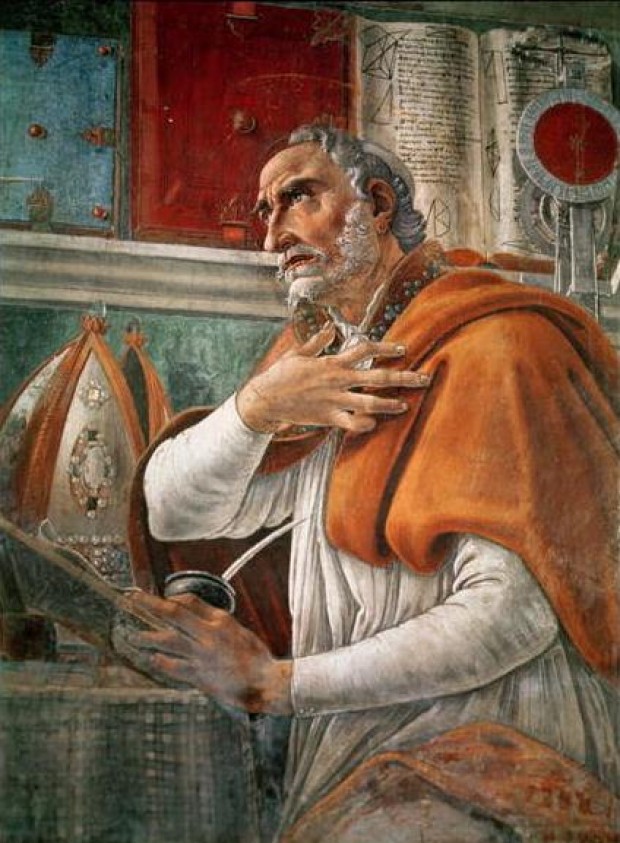Augustine
John Calvin writes: “Further, Augustine is so much at one with me that, if I wished to write a confession of my faith, it would abundantly satisfy me to quote wholesale from his writings.” (Concerning the Eternal Predestination of God, p.63, emphasis mine)
That’s called name-dropping, and while John Calvin was able to do so, that raises the question of whose name could Augustine drop? Certainly he did mention some names, but could he “quote wholesale” from anyone’s writings before him? Since he couldn’t, that raises an interesting question of where his arguments came from. The Gnostics? The Stoics? The Neo-Platonists? Well, Calvinists claim Paul:
Calvinist, Tommy Nelson, states: “The Reformation is a reforming of Pauline thought as articulated by Augustine.” (Church History: The Age of Imperial Christianity, emphasis mine)
John Calvin writes: “Hence Augustine, having treated of the elect, and taught that their salvation reposes in the faithful custody of God so that none perishes, continues: The rest of mortal men who are not of this number, but rather taken out of the common mass and made vessels of wrath, are born for the use of the elect.” (Concerning the Eternal Predestination of God, p.107, emphasis mine)
Augustine was a former Gnostic for nearly a decade before converting to Catholicism.
